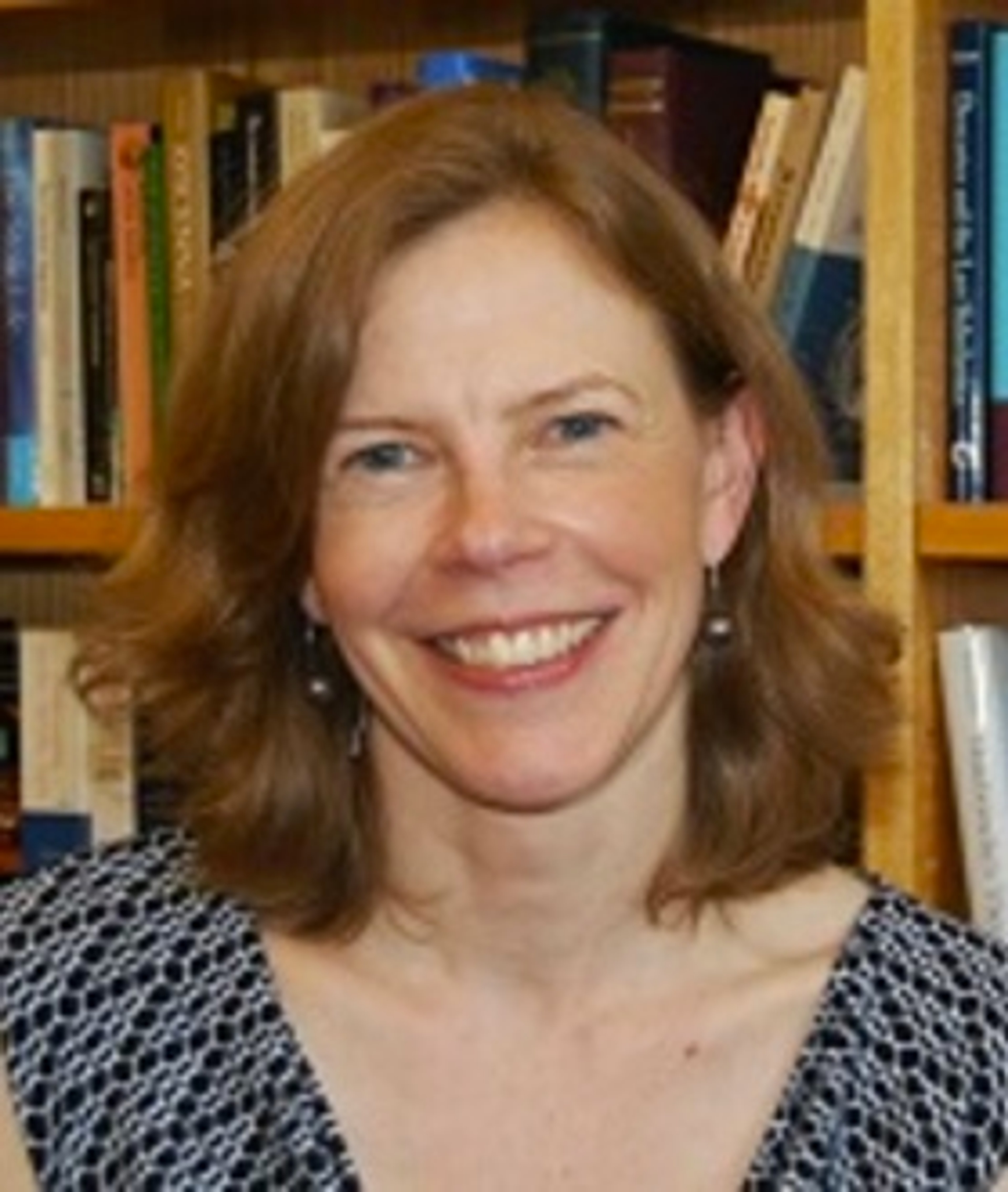Alison Simmons

Alison Simmons is the Samuel H. Wolcott Professor of Philosophy and Harvard College Professor at Harvard University. She received her Ph.D. in Philosophy from the University of Pennsylvania in 1994, and received her B.A. in Psychology at Bucknell University in 1987 as a first-gen college student.
The bulk of her teaching is in early modern philosophy, natural philosophy, and theories of mind. She also has teaching interests, however, in medieval philosophy, philosophy of mind, and philosophy of psychology. Her research interests lie primarily at the intersection of philosophy and psychology. She works on questions about the nature of mind in general, the nature of sense perception in particular, and conceptions of the relation between mind and world as they have developed historically from the ancient through the medieval and early modern periods, and also as it is discussed today.
In addition to her research and teaching, she is the co-founder and co-director of Embedded EthiCS, a pedagogical program that aims to help Computer Science students develop the habit of designing not only efficient but also socially responsible computing technology.
Simmons was previously a member of the Berggruen Prize Jury.